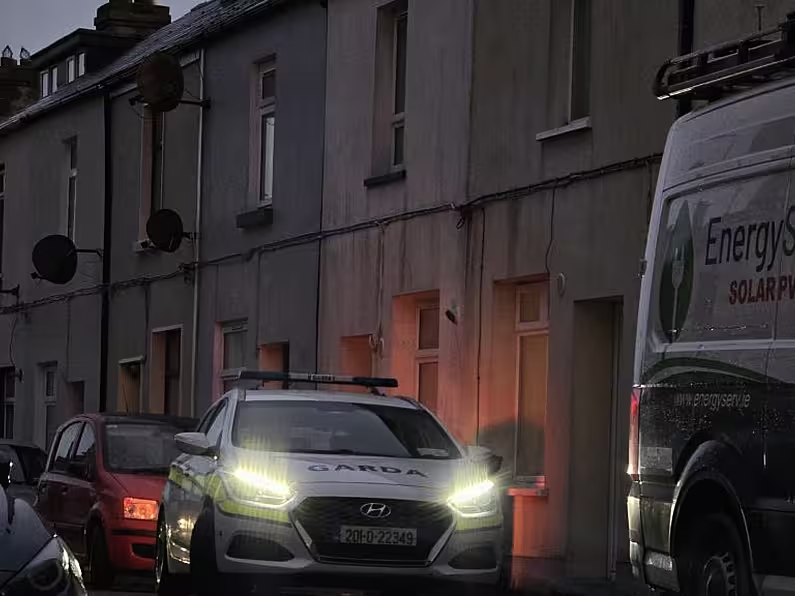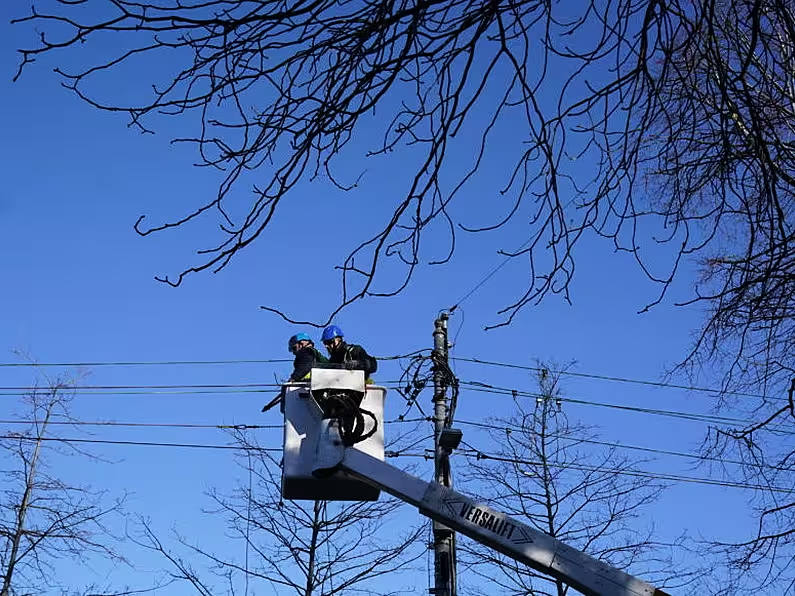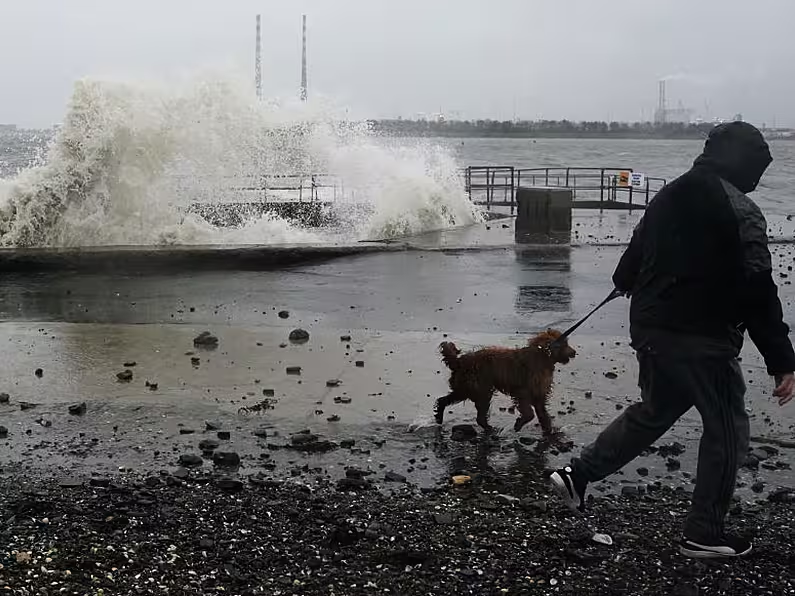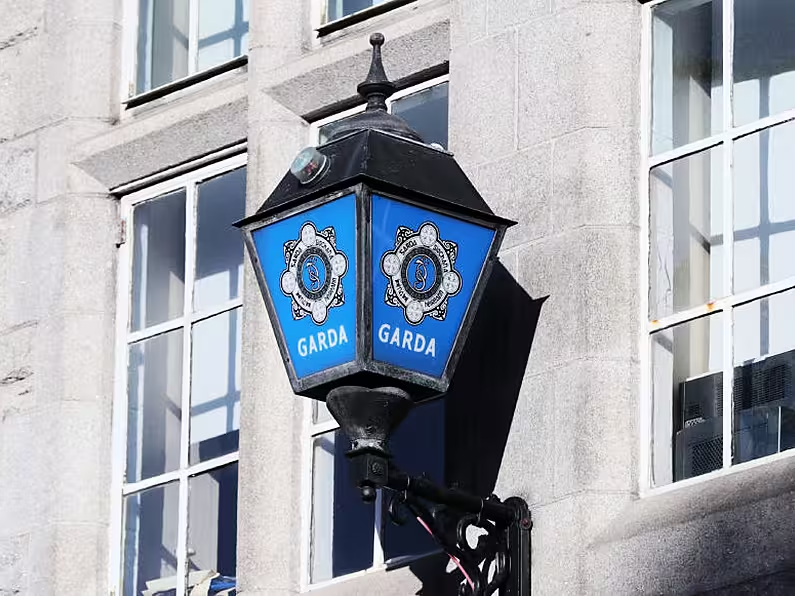A further 1,110 cases of Covid-19 have been confirmed in the Republic on Tuesday.
Incidence rates of the virus have increased in all counties over the past seven days, deputy chief medical officer Dr Ronan Glynn said, with the highest in Donegal, Louth, Dublin, Limerick and Galway.
“Almost 7,700 cases of Covid-19 have been notified in the last seven days, an increase of 88 per cent on the previous week,” he said.
Some Covid-19 swabbing sites are now seeing up to 25 per cent positivity rates, the HSE's chief executive Paul Reid separately warned.
“The more widespread it is in the community, the more it can breakthrough to those vaccinated,” Mr Reid said. “For a few weeks, let’s all take care, aim to see this off and reduce illness.”
As of this morning, there were 89 patients hospitalised with the virus, with 21 in intensive care units.
Some of our #COVID19 swabbing sites now have up to 25% positives on testing & many counties at 10%. The more widespread it is in the community, the more it can breakthrough to those vaccinated. For a few weeks, let's all take care, aim to see this off & reduce illness. @HSELive
— Paul Reid (@paulreiddublin) July 20, 2021
It comes as a member of the National Public Health Emergency Team (Nphet) has warned that a new wave of infections will cause long-term health complications in a “sizeable minority” of young people.
Professor Philip Nolan, chair of Nphet’s modelling advisory group, said a significant portion of infected younger people will experience severe illness and lingering complications due to Covid-19.
He said transmission must be limited to protect both the unvaccinated and older people, warning high case numbers would “break through the protection of vaccination to cause dangerous infections in older and vulnerable people.”
“The data are saying one thing: be very cautious faced with the Delta variant,” he said in a series of posts on Twitter.
The data are saying one thing: be very cautious faced with the delta variant. We are seeing a very steep rise in cases, comparable to or steeper than the early part of previous waves. 1/9 pic.twitter.com/XGERUTePow
— Professor Philip Nolan (@President_MU) July 19, 2021
“We are seeing a very steep rise in cases, comparable to or steeper than the early part of previous waves.
“This will not translate into severe disease and mortality in the same way as before, but numbers in hospital are rising: 101 this morning.
“The ratio of admissions to cases is 16 admissions per 1,000 cases, overall we are tracking 15-25 admissions per 1,000 cases.”
Coming days
Prof Nolan warned that lower case counts were typically seen over the weekend and earlier in the week.
“Case counts over the next few days will be an important indicator,” he continued.
“Growth rate is currently 5-7 per cent per day, which would give a doubling time of 10-15 days; these estimates are quite unstable given the very rapid increase in cases in the last few days.
“While cases are concentrated in older teenagers and younger adults, we are beginning to see an increase in incidence across other age groups, including those aged 65 and older.
“Incidence in those aged 16-29 years is rising rapidly, is higher than we have seen since end of January 2021, and higher than the October 2020 peak.
Incidence varies by county, but most counties have a 7-day incidence significantly greater than 50% of their 14-day incidence, indicating rapid growth in those counties. 7/9 pic.twitter.com/FtbCdkurfi
— Professor Philip Nolan (@President_MU) July 19, 2021
“Incidence varies by county, but most counties have a 7-day incidence significantly greater than 50 per cent of their 14-day incidence, indicating rapid growth in those counties.
“We need to limit transmission: a wave of infections in young people will cause severe illness and long-term complications in a sizeable minority, and will break through the protection of vaccination to cause dangerous infections in older and vulnerable people.
“We know what we need to do: support those not yet fully vaccinated to socialise safely outdoors and distanced, and we all need to self-isolate and seek a test if symptomatic, avoid crowds and crowded spaces, and take the basic public health and hygiene precautions.”
A further 1,138 cases of Covid-19 were also reported in Northern Ireland on Tuesday.
One further death of a patient who had previously tested positive for the virus was also notified. On Tuesday morning there were 118 Covid-19 positive patients in hospital in the region, with six in intensive care.













